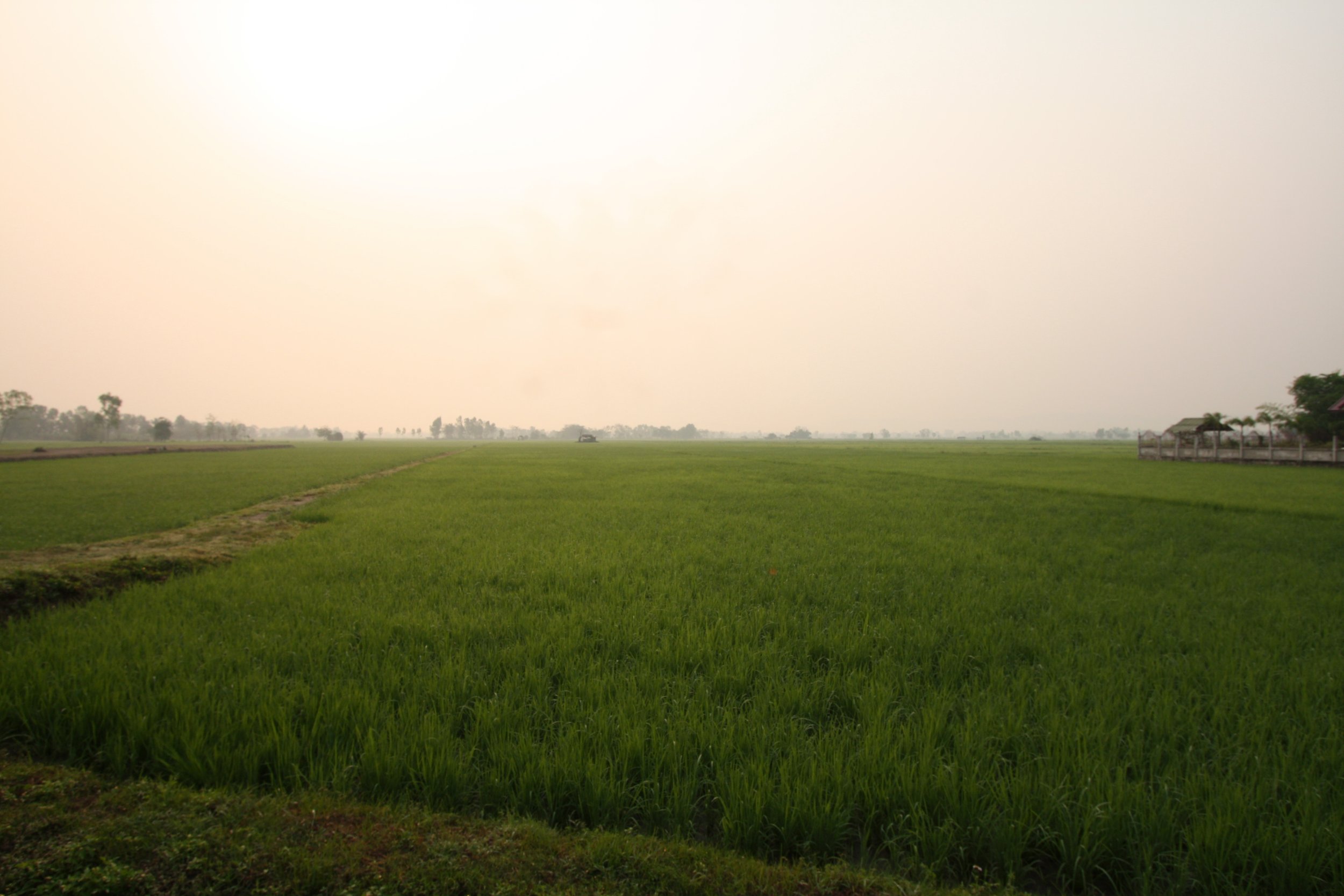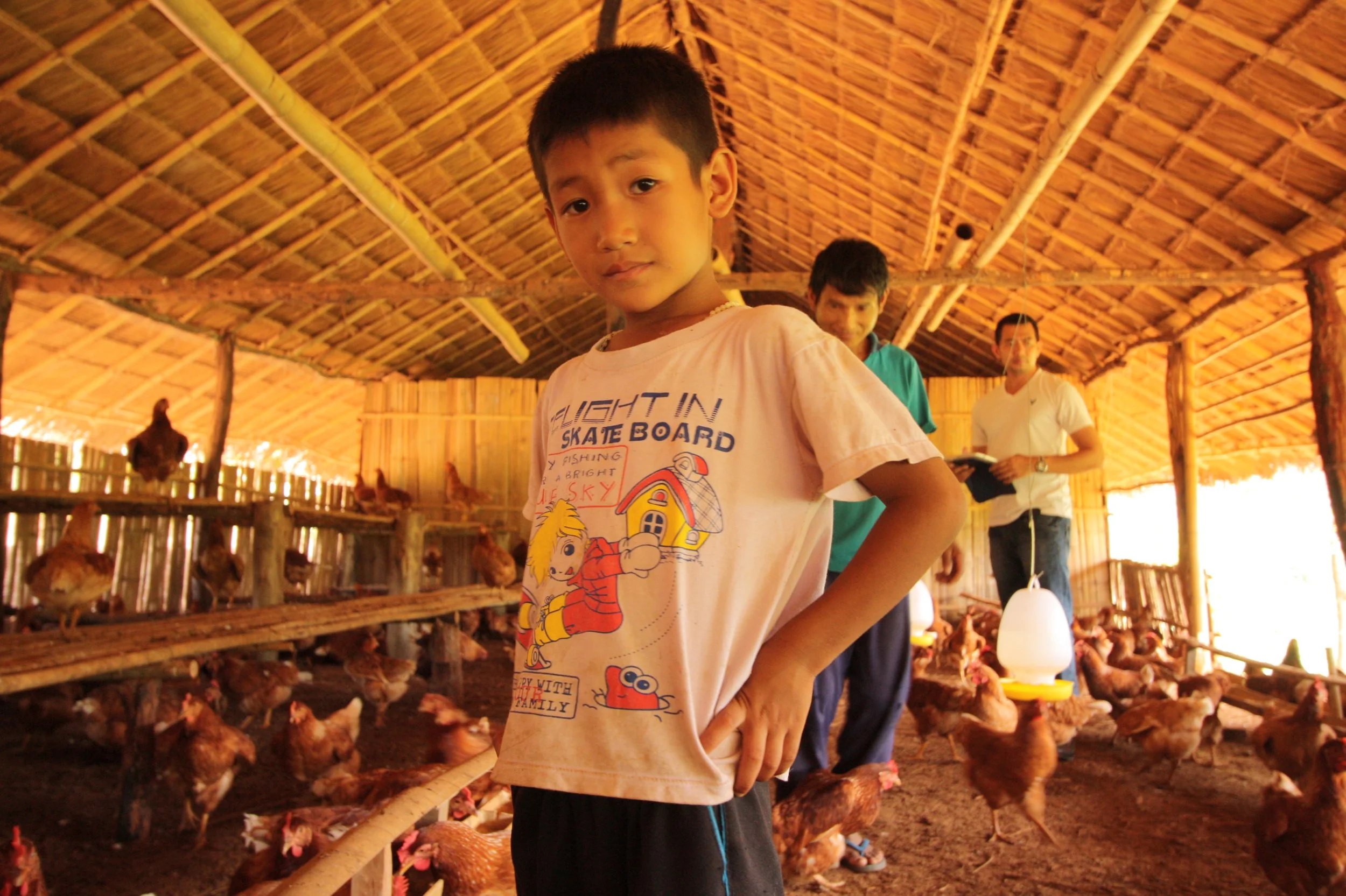
Wawee Valley Foundation
ZFPA 1% pledges collected
by Hyatt Hotels in Hong Kong
to fund Wawee Valley Foundation’s
Regenerative Organic Valley Project
The 18-month project is set to commence in July 2024 and is funded exclusively by the Hyatt hotels in Hong Kong (Hyatt Centric Victoria Harbour Hong Kong, Grand Hyatt Hong Kong, Hyatt Regency Hong Kong, Sha Tin, and Hyatt Regency Hong Kong, Tsim Sha Tsui), courtesy of the 1% pledges collected by their restaurants in the past year – a shining example of how the hospitality industry can help create the tipping point to restore our food system.
We are excited to get started on this next transition. This ambitious project demonstrates the power of collaboration and underscores the importance of moving beyond risk mitigation to an approach that actively improves the well-being of our people and our planet.
In our second collaboration with reNature, our next project outside Hong Kong and China is a partnership with The Wawee Valley Foundation to climate-proof farmers in Northern Thailand.
The Wawee Valley is a hill-sheltered fertile land spanning 100,000 acres northwest of Chiang Rai, home to approximately 27,000 inhabitants from the Akha and Karen tribes. In 2013, Hilltribe Organics (HTO) was founded, with the goal to revitalize poor hilltribe farming communities through organic agriculture. HTO started by launching Thailand’s first organic, free-range eggs and to date, has positively impacted more than 250 families.
In 2022, HTO established The Wawee Valley Foundation (WVF) and began developing new models to transform the valley through regenerative organic agriculture; by providing practicable, scalable, and financially sustainable solutions for the tribes. The vision is an integrated ecosystem that alleviates poverty and restores our climate. WVF’s ambition is to build an equitable and redistributive ecosystem for the more than 5,000 families in the Valley.
Working closely with reNature to develop and implement the Master Plan, WVF will use regenerative organic principles to cultivate a biodiverse range of crops, including chia, turmeric, moringa, tea, coffee and cacao; while preserving the region’s indigenous roots. The focus will be on improving soil health to grow resilient, nutrient-dense food, promoting biodiversity, sequestering carbon and very importantly, strengthening livelihoods.






Project Updates:







